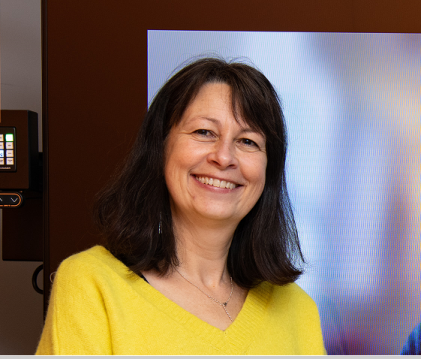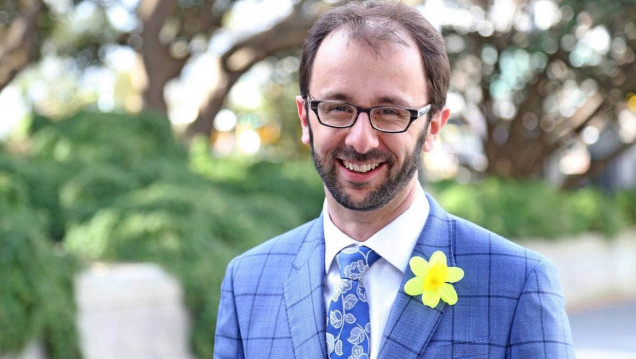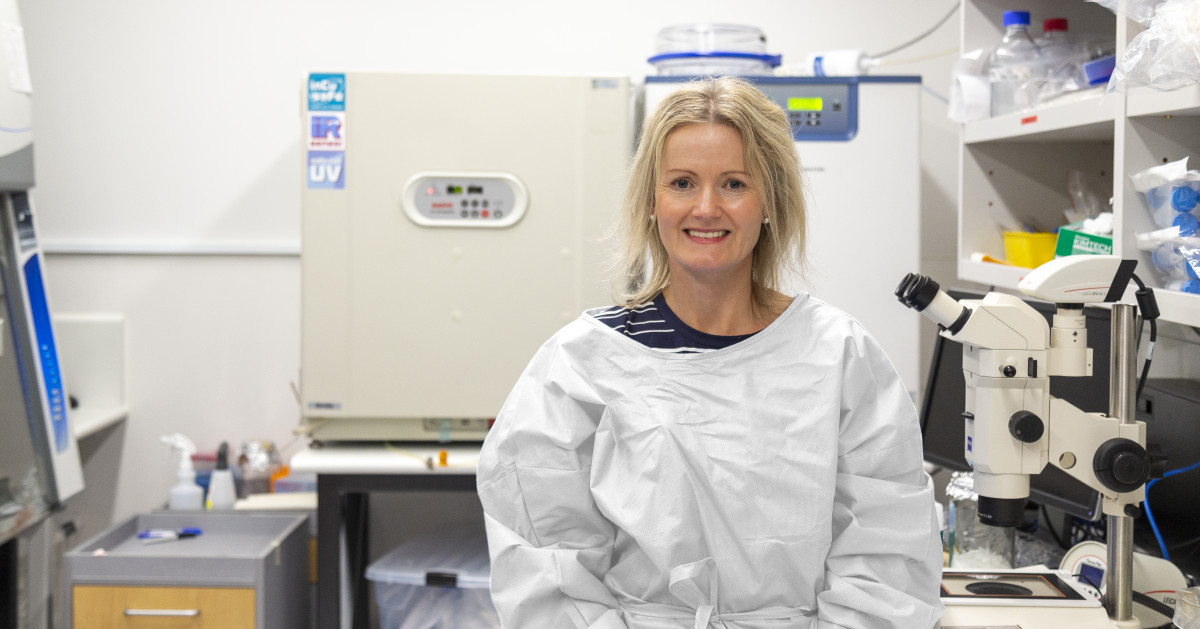No one is ever prepared to hear the news that they, or a family member, has cancer. Which is why alongside its role supporting New Zealanders after they are diagnosed, the Cancer Society is committed to funding world-class research to reduce the rates of cancer and improve the chance of a cure.
In the past 10 years, the Cancer Society has invested more than $52m in life-saving research around the country that has improved the prevention, detection, and treatment of different types of cancer, and aimed to help New Zealanders live longer following a diagnosis. Recently, the Cancer Society announced eight new research projects that received funding in the latest Grant Round.
Projects in this year's funding round include research focussing on preventing cancer, and also gaining an insight into people's understanding of the habits that put them at risk of developing cancer.
Alcohol is our most socially acceptable and widely-used carcinogen, yet most people don't fully understand the relationship between alcohol and cancer. While it's young binge drinkers who tend to dominate the headlines, people in middle-age are showing increasing levels of hazardous drinking.
Professor Antonia Lyons and her team from Victoria University of Wellington and Massey University are researching the social practices around alcohol consumption within this age group, and their understanding of the risk of developing alcohol-related cancers.

Lyons believes the spotlight hasn't previously been put on middle-aged drinkers because they often tend to drink out of the public eye at home, or at friends' places, as part of social events such as book clubs and barbecues, where they don't cause headline-grabbing problems.
"It's about having fun, unwinding and relaxing for them," she says. "But given that, many are drinking a lot. What research has found is that for many middle-aged adults in New Zealand, drinking is habitual, expected and accepted. It's part of our drinking culture."
Alongside finding out what midlife drinkers know about the cancer-related risks of alcohol, the research will look at the social practices that tend to have alcohol at their centre and make it appealing. Rather than just looking at individuals, the study will take the approach of talking to friendship groups, asking them where, why and how much they drink.
"If we can understand the social practices around alcohol and what people think and know about the health risk factors, we can then ask midlife drinkers what could help reduce their drinking, which would help minimise the risk of cancer," says Lyons.
It's not about telling people they can't drink. It's about increasing our awareness of the link between alcohol and cancer, and finding effective ways to reduce levels of drinking.
Professor Antonia Lyons
This year, the Cancer Society also contributed to research assessing the impact of the HPV (human papillomavirus) vaccine on the number of young women at risk of developing cervical cancer.
Research led by Associate Professor Peter Sykes at Otago University found that young women who received the vaccine before age 18 saw a 31 percent decrease in pre-cancers. Cervical cancer and its pre-cancers are caused by the HPV virus.
The vaccination programme started with teenagers in 2008. Because cervical cancer is most common in women in their 40s, 50s and beyond, it may be too soon to see a decrease in the rates of cervical cancer, which is why research into pre-cancers in younger women is so important. Continued research will take into account a new HPV vaccine that vaccinates against an increased number of HPV types.
"In this second study, we will be able to look at what the effect is as people get older and whether the protection against pre-cancer is sustained. We will also be able to see how the herd effect impacts on pre-cancer changes in our community," says Sykes.
He says research is an important part of making sure that money spent on health interventions is having an effect, while providing evidence that vaccines work – something the community often asks for.

Demonstrating that this is helping people's daughters not having to go through the unpleasant experience of colposcopy and treatment to the cervix is a very positive thing.
Associate Professor Peter Sykes
Cancer Society Medical Director Dr Chris Jackson says cancer is New Zealand's biggest killer, and research is a step towards reducing deaths and improving the chance of a cure.
"None of this would be possible with the generous support we receive from New Zealanders every year on Daffodil Day," he says.

Your donation on Daffodil Day contributes to research that improves cancer prevention, diagnosis and treatment. To find out more or make a donation visit daffodilday.org.nz

The Cancer Society of New Zealand has funded more than $1,000,0000 in new research to combat cancer …

Is there a link between cytomegalovirus and increased risk of breast cancer?

Topoisomerases are enzymes that break and repair DNA as part of the normal cell division process.

This research is a clinical trial of an immunotherapy vaccine in colorectal cancer patients undergoi…

